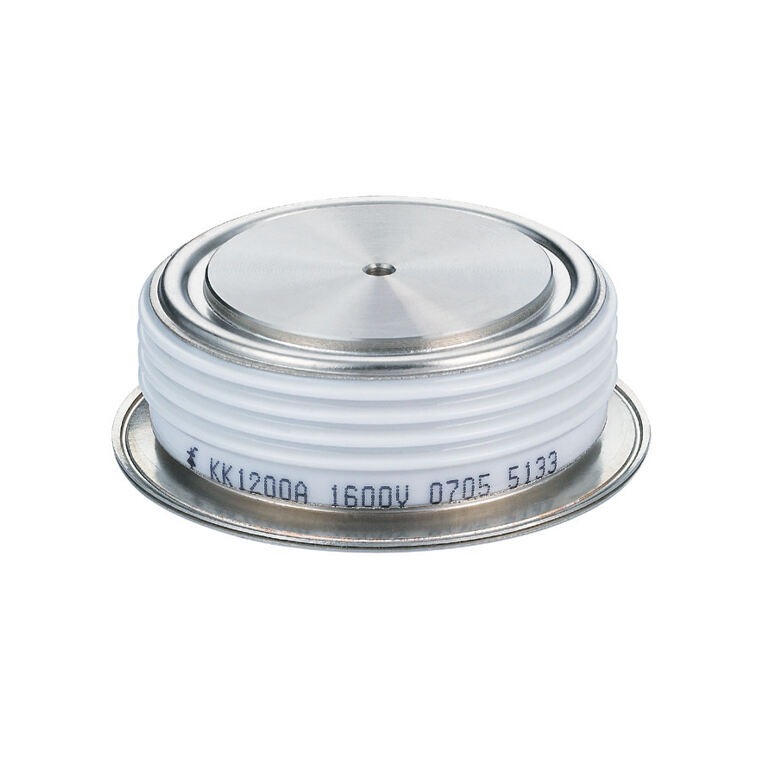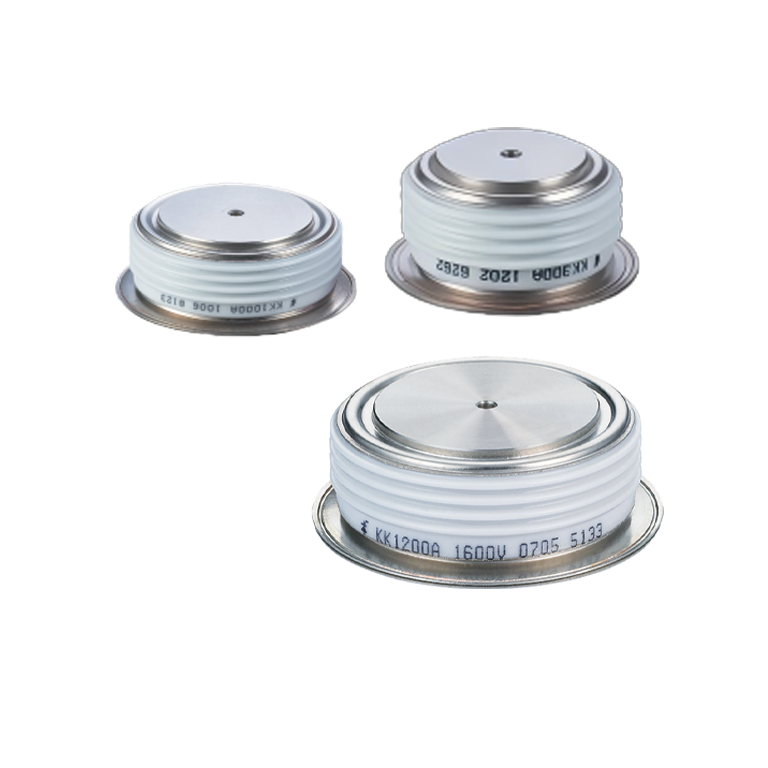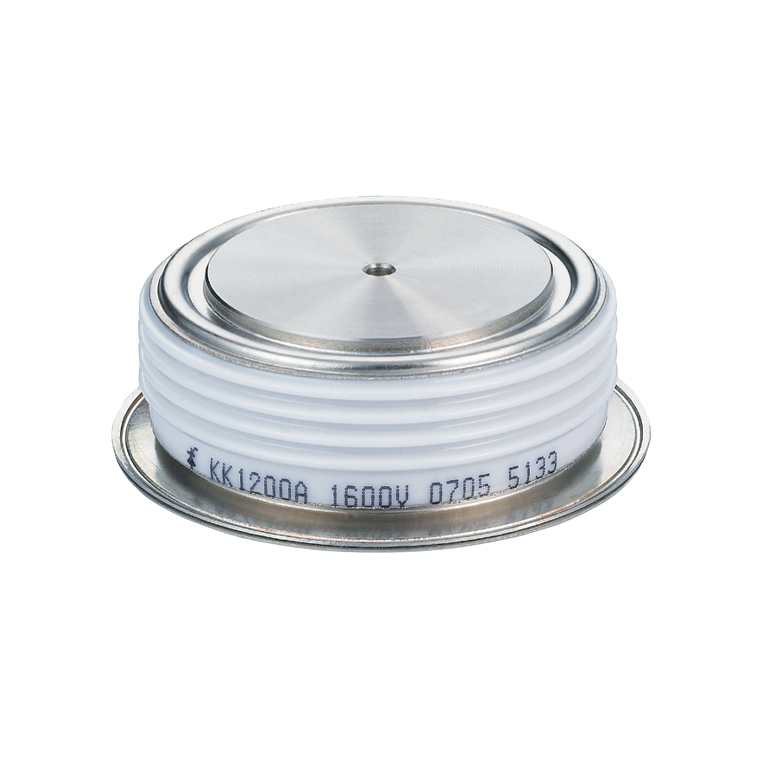semiconductor transistor
The semiconductor transistor is a fundamental electronic component that regulates the flow of electricity in circuits. It serves as a switch or amplifier, with its primary functions including signal amplification, switching, and voltage and current stabilization. Technological features of the transistor involve its compact size, low power consumption, and high reliability. Composed of a semiconductor material, usually silicon, the transistor can exist in various forms such as bipolar junction transistors (BJTs) and metal-oxide-semiconductor field-effect transistors (MOSFETs). Applications span across a wide range of industries, including consumer electronics, automotive, telecommunications, and computing. In these fields, transistors are vital for the operation of devices like smartphones, cars, and computers, forming the backbone of modern electronics.


